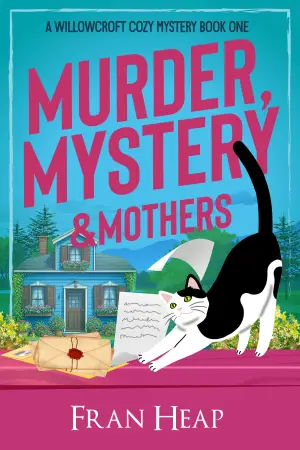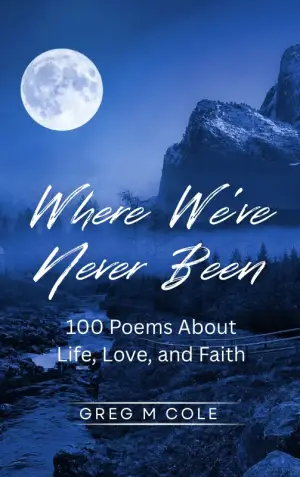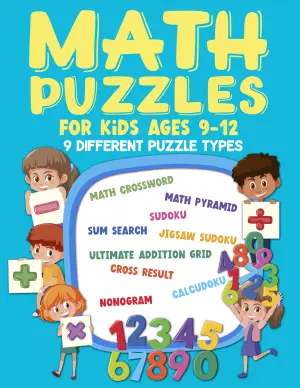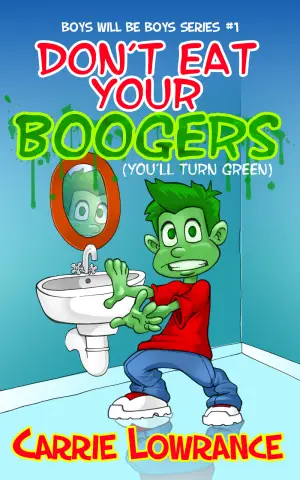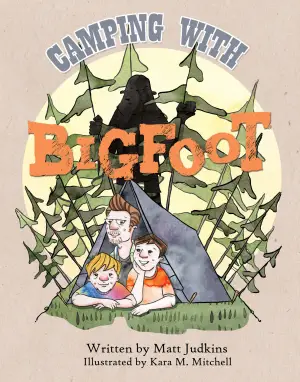Review of City of Glass (The Mortal Instruments, #3)
When I picked up City of Glass, the third installment in Cassandra Clare’s The Mortal Instruments series, I was filled with a mix of excitement and trepidation. Having been on this fantastical journey with Clary, Jace, and their intriguing world of Shadowhunters and demons, I hoped this book would elevate my experience. However, I stumbled upon a polarized reaction after diving in, both from my initial anticipation and the strong sentiments expressed by other readers. Spoiler alert: things got messy.
From the get-go, City of Glass plunges us deep into the heart of the Shadowhunter realm, Alicante, where Clary Fray grapples with her burgeoning powers and personal dilemmas—chiefly concerning her brother, Jace. The intricate tapestry of family ties and revelations, especially those surrounding Valentine, Clary’s father, continues to weave a web of angst and emotional turmoil. But therein lies the crux of my frustration: Clary’s obsession with Jace often overshadows the book’s more profound themes of sacrifice, loss, and identity. At one point, I found myself wishing she would step away from Jace’s shadow and embrace her own agency a bit more.
Cassandra Clare’s writing remains vivid and filled with imagery, but the pacing occasionally falters under the weight of melodrama. The snappy dialogue and witty banter are certainly highlights, yet moments of introspection can drag, leaving me yearning for a more structured narrative. The clash of Clary’s inner struggles against the backdrop of war felt like it could have been more fluid, rather than frequently shifting focus to her romantic entanglements.
One of the most memorable moments came when Clary makes a harrowing decision at Lake Lyn, leading to heart-wrenching character arcs for Jace and Isabelle as they deal with the aftermath of their family dynamics. The emotional stakes swell yet again when Max’s tragic fate hangs over the narrative, highlighting the real consequences of war. This particular scene, along with Clary’s subsequent guilt, stirs a potent mix of empathy and frustration as I grappled with how her choices severely impacted everyone around her.
Despite my irritation with Clary’s character development, there were standout moments that drove home the book’s polarizing themes: loyalty, love, and the complex nature of familial bonds. The interesting twist about Sebastian’s true identity had me pondering the overarching influences of familial duty and desire. The stakes got higher, but I couldn’t help but marvel at how wrapped up I was—even amidst my dissatisfaction.
Ultimately, City of Glass is for readers who revel in a blend of supernatural drama, intense emotional conflicts, and the murkiness of morality. If you’re a fan of angsty romance coupled with epic adventures, this installment may hit the mark for you. But for those like me who seek depth and growth, it can feel like a frustrating cycle of longing.
In closing, City of Glass left me reflective—frustrated at times, enchanted at others. As I navigate the Shadowhunter chronicles, I find myself both drawn in and pushed away by its complex characters and tangled relationships, hoping for greater resolution and evolution in the characters’ journeys. It’s a bumpy ride for sure, but sometimes those turbulent paths forge the most unforgettable tales.
Discover more about City of Glass (The Mortal Instruments, #3) on GoodReads >>

